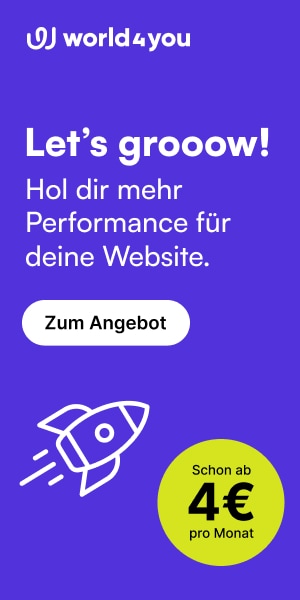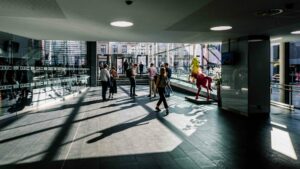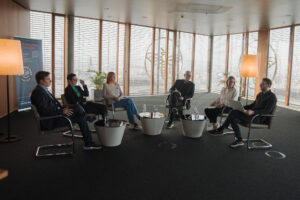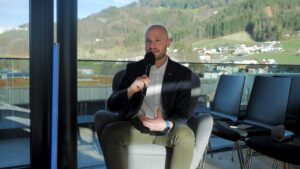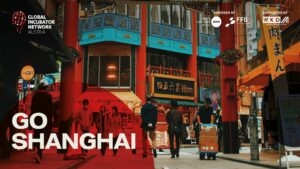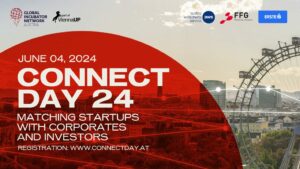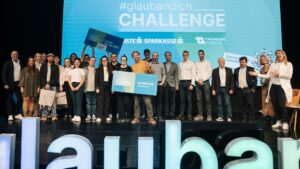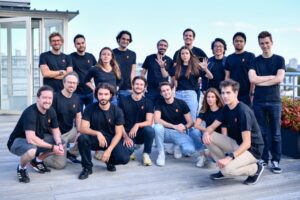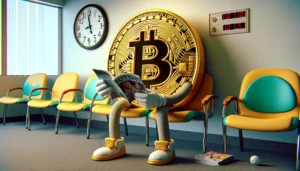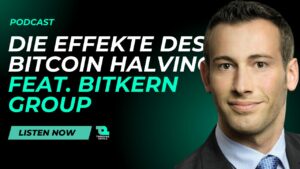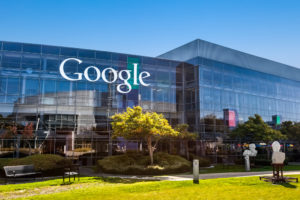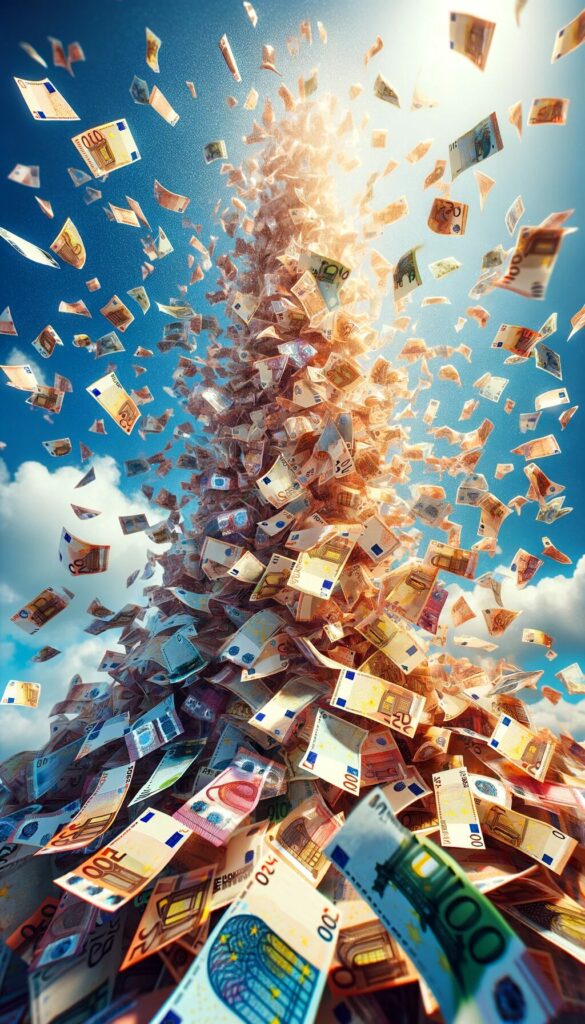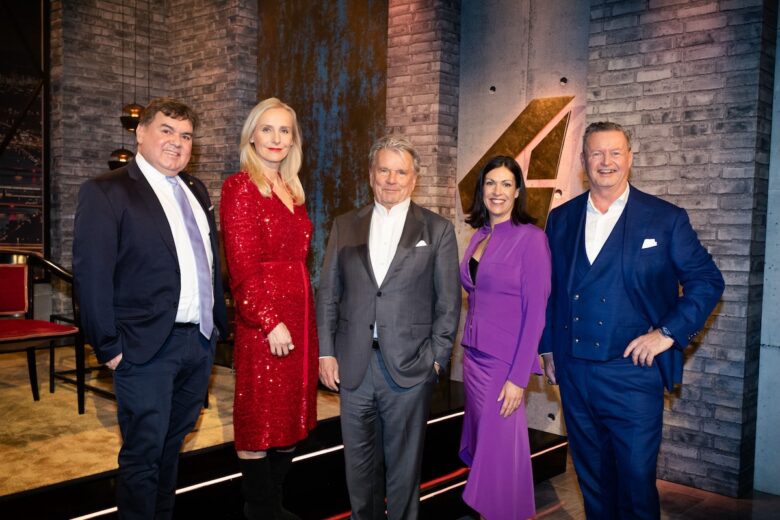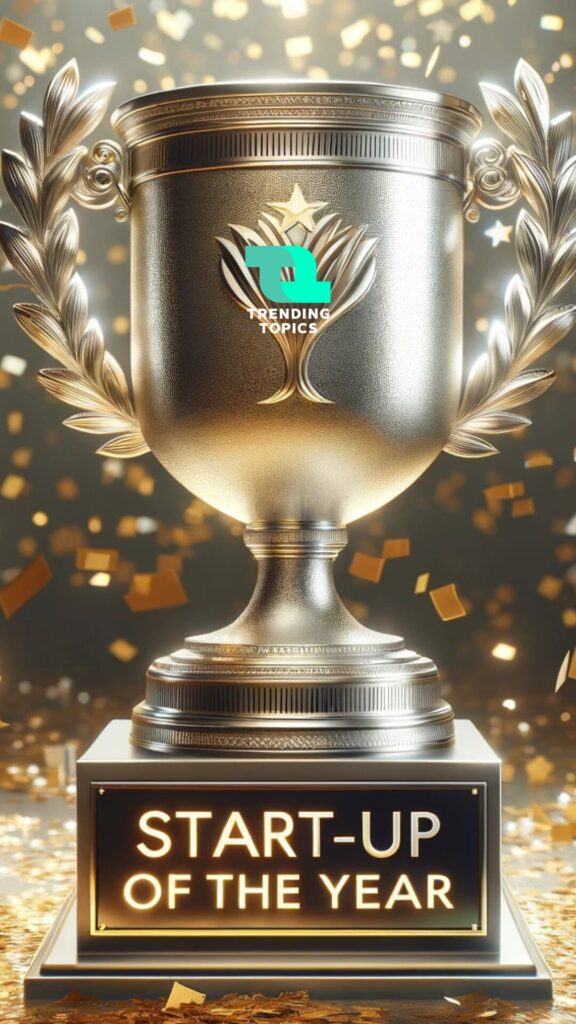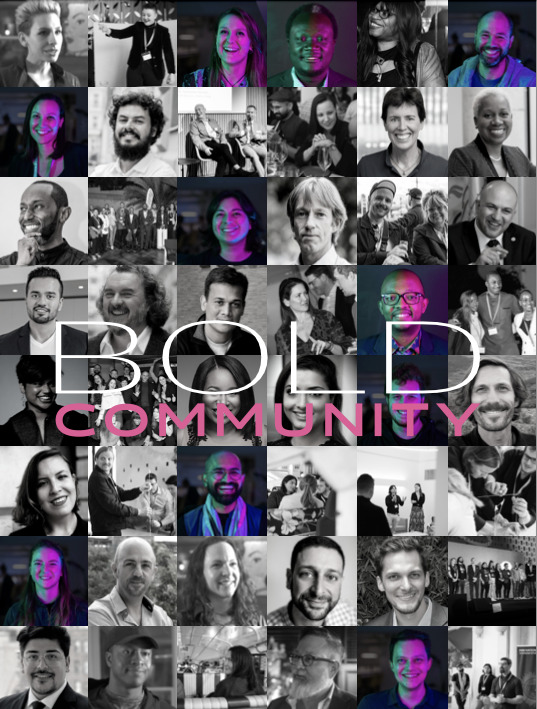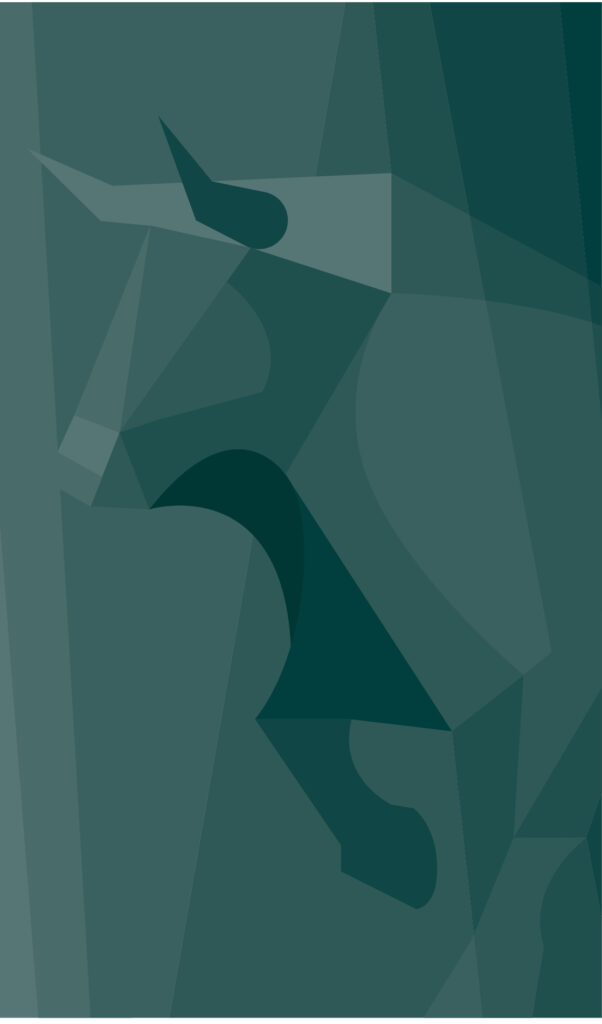Russian Investor: These are the parallels between art and start-ups
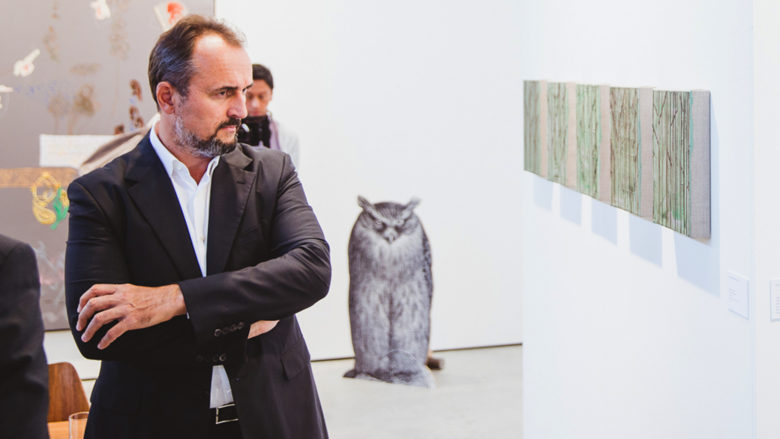
Dmitry Aksenov is a patron and investor. The Russian millionaire promotes art as well as start-ups and develops real estate projects. He is the founder of the RDI Group, a key player in the real estate market in the Moscow region. And in 2012, he took over the Viennafair, an art fair in Vienna, and turned it into one of the most important fairs for contemporary art in Europe by rebranding it to Viennacontemporary.
Now he is planning to develop Vienna into a hotspot for cultural start-ups. At this year’s Viennacontemporary he presented the concept of the CultTech Hub, a comprehensive accelerator for innovation in the cultural sector, for the first time.
+++ CultTech Hub: Russischer Investor will Wien zum Hotspot für Kultur-Startups machen +++
Trending Topics: You invest in art and start-ups. What do you find more exciting?
Dmitry Aksenov: To be honest, emotionally it’s more or less the same. I’s about Biochemistry, because you deal with creating new realities. Art pieces are something never existed and this is the same with startups. Somebody does something which never took place before and makes it a success. I enjoy both.
You want to make Vienna a hotspot for cultural technology. Why Vienna in particular?
You need infrastructure and a knowledge basis to transform any segment of the economy. You need to get a really deep understanding of the pain points of the specific area or industry. Vienna is a very highly competent center for culture, if we take culture as an industry. And the quality of live provides appealing motivation for best talents. You have to combine tech talent with industrial competence and Vienna represents a good location for this as far as culture is concerned.
Wouldn’t Moscow also be an attractive option?
Moskow is not that international. To be honest, the place doesn’t matter. You could basically build it in a desert. We have seen economical miracles in recent history when people build something from scratch as soon as they have power and energy. Look at Dubai or look at Singapore or Basel. The thing is, who is taking this as a strategy.
Is the art industry already ahead in the use of new technology or is there still a lot of catching up to do?
Of course it’s not. There should be some components to have a successful transition. There should be a strong political need from decision makers – so that there is a need for dramatic changes. Then there is the availability of talents. Tech talents are attracted by fintech or proptech. Politically culture has low priority and to attract talents, you have to understand how. There is not much cohesion between intellectual potential and tech talents in culture. So, no, culture is not ahead. But will be. I’m pretty sure.
What is necessary to foster innovation in the fields of art or culture?
There should be a strong consensus of stakeholders when it comes to the political level, on professional level and on execution level. It should be understood how these puzzles act together. The transformation is needed in every sector, be it energy, be it education, be it healthcare or be it culture. The ones who could be the first to consolidate forces on their topic would gain. It should be an understanding on a very high level. It could then be done mainly top down.
We also need a good showcase. If we have a strong case that is visible and easy to understand for cultural institutions, politicians and the professional community, that would be a great win.
You’re planning a hub for CultTech in Vienna. What will it have to offer?
All the traditional elements for innovation ecosystems are meant to be implemented. But we also need to integrate all the cultural aspects, artists, initiatives, exhibition spaces. My view is that culture is about gaining momentum and winning more attention from decision makers and change makers.
Will there be a physical space for the hub as well?
Of course. The winning strategy is a combination of offline and online.
What kind of startups will the CultTech Hub be for?
For any solutions which help address real needs of cultural infrastructure. And of course from a business point of view, the scalable ones. Now we try to build a knowledge basis and create a competence center for this hub which is to be constructed. For now it’s just a concept.
Is it planned to set up a separate investment fund for CultTech?
Hopefully we will see enough opportunities. It would be logical.



